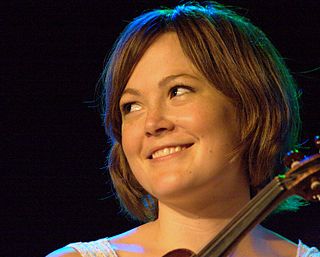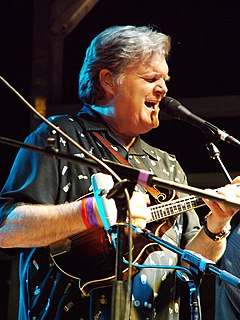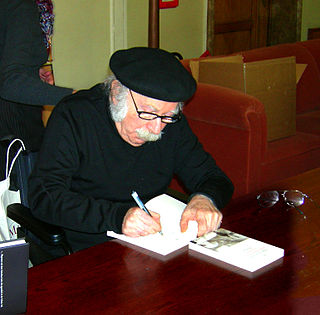A Quote by Marty Stuart
Coming from bluegrass background, I totally understand family harmonies.
Quote Topics
Related Quotes
The Jews have a powerful ally, America, but they do not really have a bigger family in the same way that there is a European family or an Arab-Muslim family. People who fail to understand this ambivalence will never understand this country. They will not be able to understand how Netanyahu could win the last election by saying the Iranians are coming, Islamic State (IS) is coming, the Arabs are coming, and the whole world hates us anyway.
In order to understand the history of the banjo, and the history of bluegrass music, we need to move beyond the narrative we've inherited, beyond generalizations that bluegrass is mostly derived from a Scotch-Irish tradition with influences from Africa. It is actually a complex Creole music that comes from multiple cultures.
There can be no real conflict between the two Books of the Great Author. Both are revelations made by Him to man,-the earlier telling of God-made harmonies coming up from the deep past, and rising to their height when man appeared, the later teaching man's relations to his Maker, and speaking of loftier harmonies in the eternal future.




































